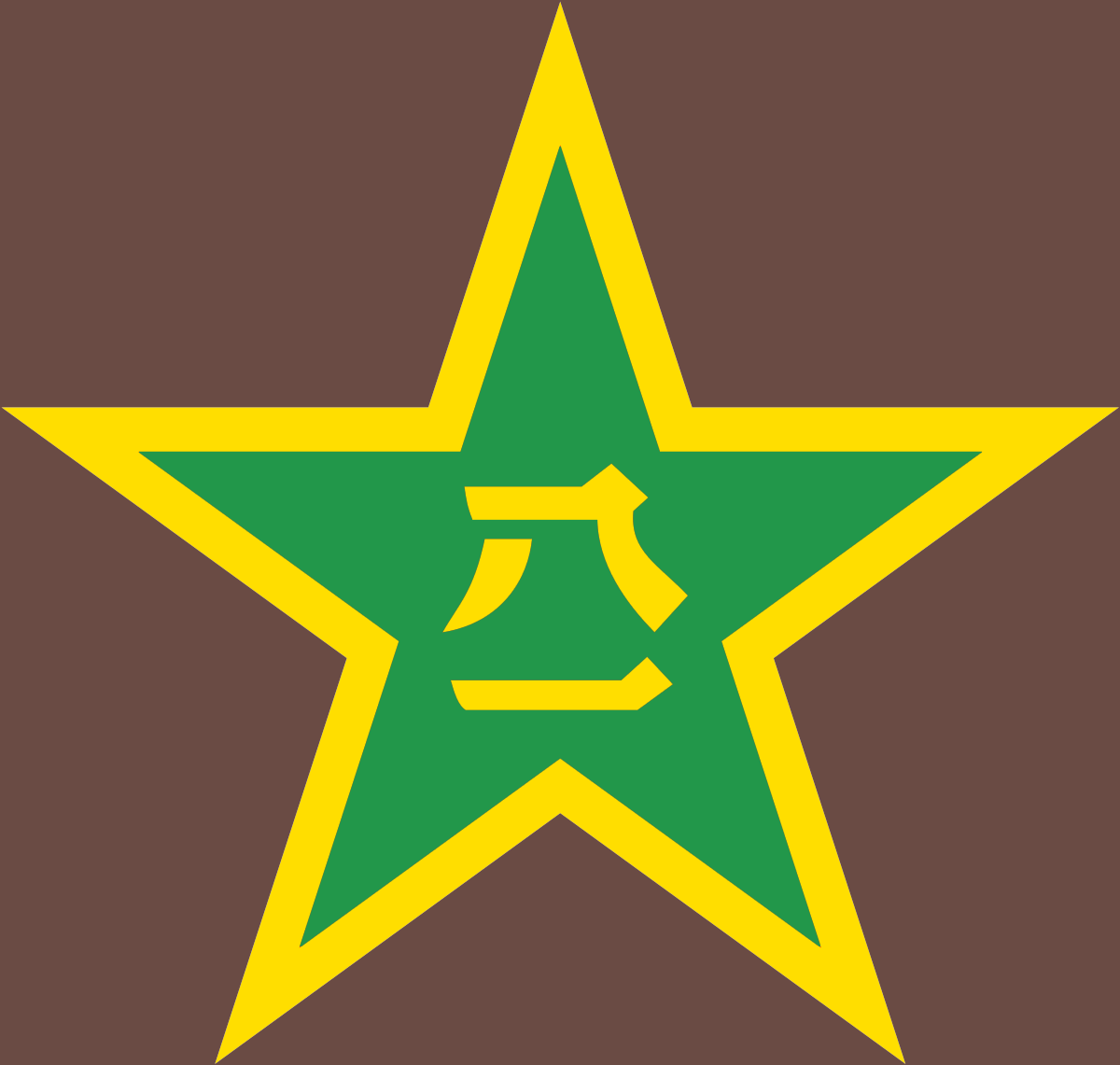Unlike the Gregorian calendar used in the west which is based on the birth of Jesus which may not resonate with most of us who are not Christian, The Juche calendar is based on the year of the birth of the comrade Kim Il Sung, of the Democratic People’s Republic of Korea. This means that the first year of the Juche calendar is 1911 or Juche 1. In 2023, the current Juche year is 112. The year transitions on January 1st just how we are accustomed to, so it is not too difficult to make the transition. The current Juche year can be checked at the bottom of Naenara.com.kp, which is the central website and hub of the DPRK.
While Juche is used informally, some may find it useful to use foreign era names unofficially. In America they refer to times through their numerical values in the gregorian calendar such as the ‘80s, 90s, and 2000’s while referring to generations born during these times with names such as millennial, boomer, or gen z. The Japanese system of eras is somewhat more logical as generation and time period are the same with names like Meiji, Showa, Reiwa, Heisei, etc. Japanese era names go back for thousands of years but have the disadvantage of being reactionary since they are based off of Japanese emperors and therefore being based off of monarchist and reactionary. Juche year is a better expression of time because it is socialist and therefore is a way of telling time for the working people. With Juche year, it is the era of the people from now until the end of time.
I fixed it. TY for letting me know I wasn't expecting the site to actually link it.


